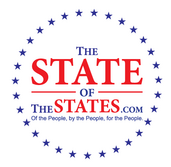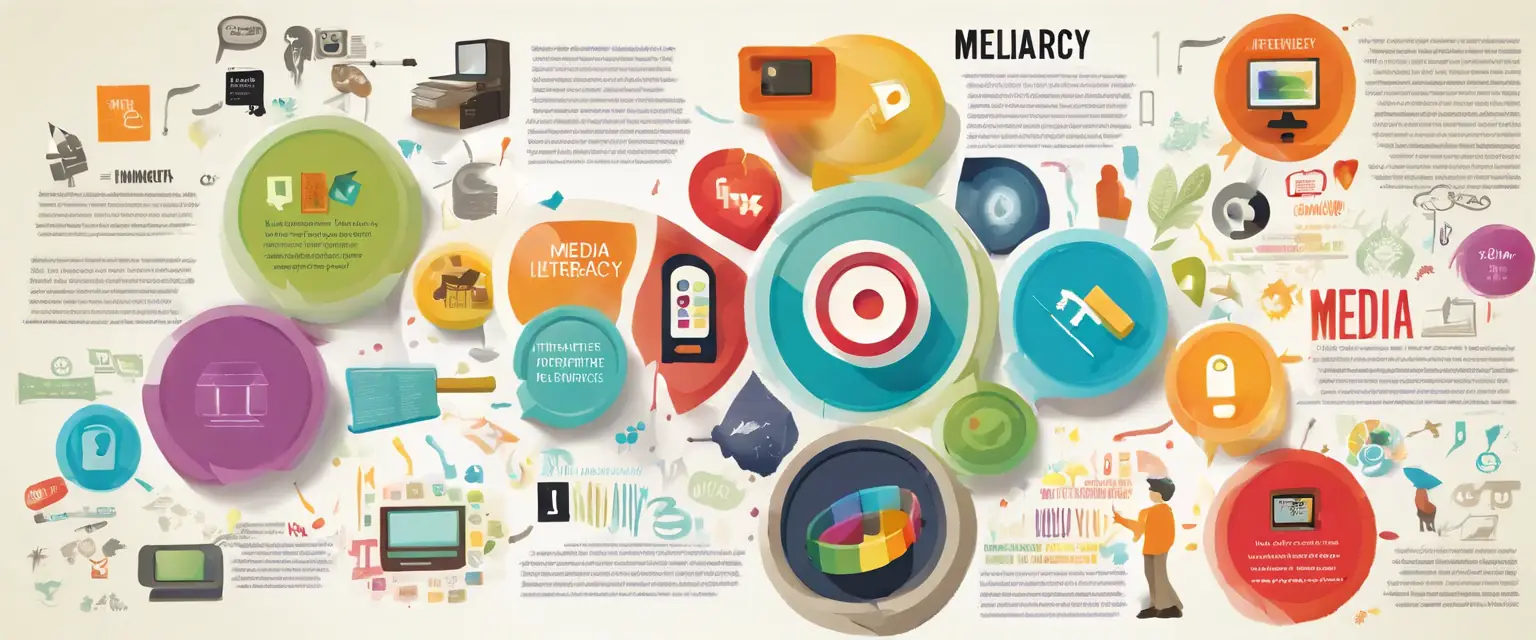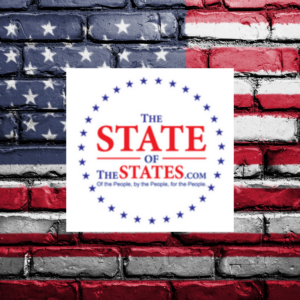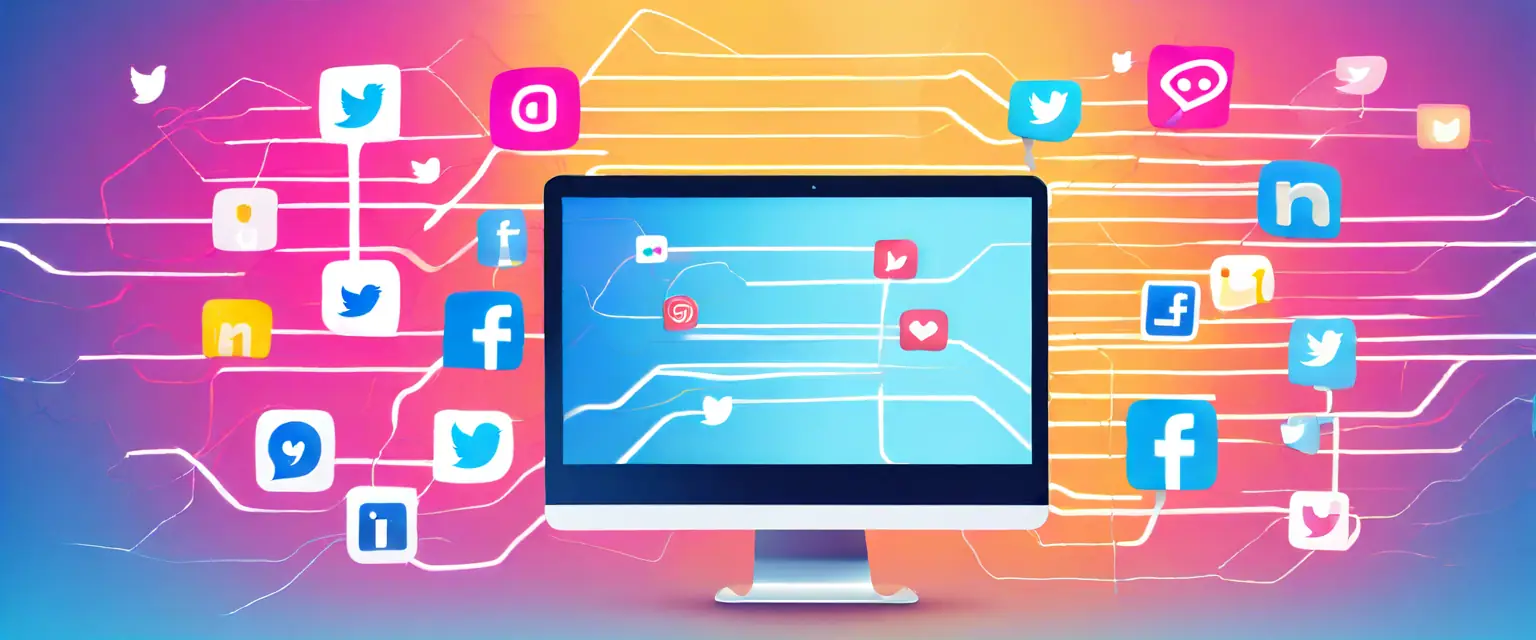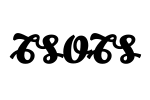In an age where information is abundant, media literacy has become a vital skill for individuals. Understanding how to critically evaluate sources and discern fact from opinion is crucial for making informed decisions. This article explores the concept of media literacy, its significance in today’s society, and the skills necessary to navigate the complex media landscape. We provide practical tips for enhancing media literacy, empowering readers to become discerning consumers of information.
The rise of misinformation and disinformation poses significant challenges to public discourse. This article examines the impact of false information on society and the importance of fact-checking. We highlight various organizations and tools available to help individuals verify the accuracy of information. By fostering a culture of skepticism and inquiry, we can combat the spread of false narratives and promote a more informed citizenry.
Finally, we discuss the role of education in promoting media literacy. Schools and community organizations play a crucial role in equipping individuals with the skills needed to navigate the media landscape. This article concludes with recommendations for integrating media literacy into educational curricula, ensuring that future generations are prepared to engage with information critically and responsibly.
